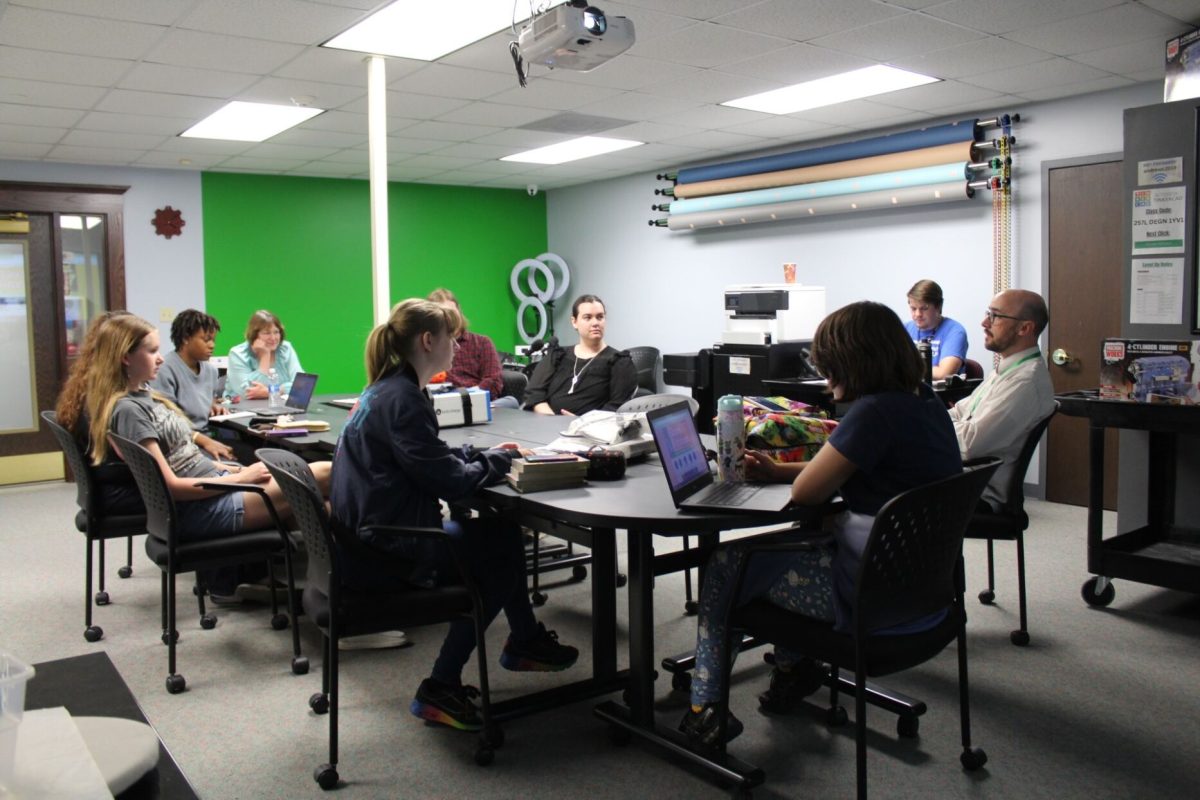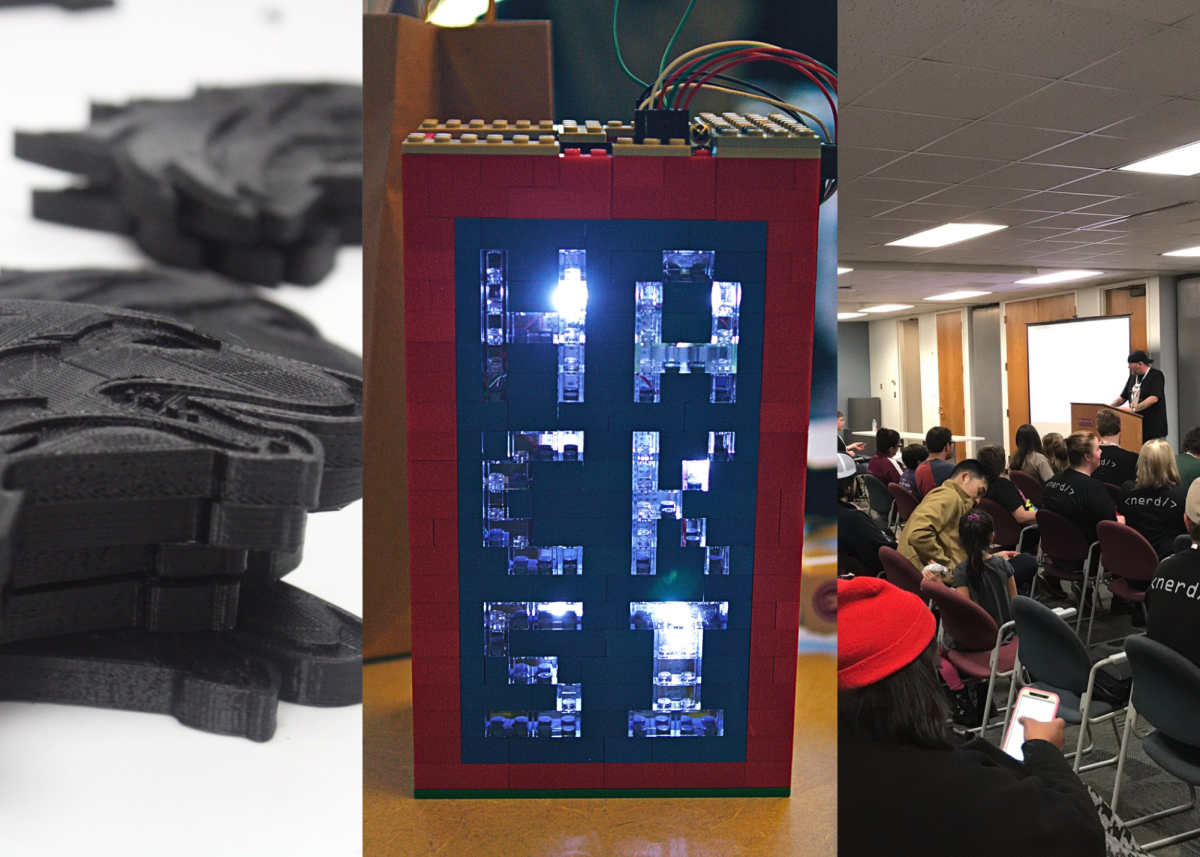Seven long years in a Philippines jail – accused of a crime he didn’t commit, which the court there would eventually clear him of – taught Southern Illinois University Carbondale researcher Raymund Narag that in some justice systems the process itself is the punishment.
Now his work, informed by that harrowing experience, focuses on preventing such abuses from befalling others. Narag, an associate professor in the School of Justice and Public Safety, examines comparative criminology and criminal justice, studying the criminal justice systems in Asia, with a special focus on the Philippines, and how they respond to crime and deal with offenders.
“My area of research emanated from my profound personal experience as a falsely accused person held for almost seven years in the most crowded jail system in the Metro Manila,” Narag said. Using his research findings and training experiences, Narag provides policy recommendations to legislators and government actors. He also presents his findings to the media and on social media, pushing public opinion toward reforms when needed.
Advertisement
“I am an advocate for a more equitable criminal justice system,” Narag said. “I advocate for better policing, for more efficient court systems and for better correctional rehabilitation practices.”
Narag conducts empirical research to understand criminal justice realities on the ground where they affect real people. Making use of his extensive personal experiences and connections, he attempts to understand the conditions of individuals experiencing incarceration from various vantage points, including inmates, jail and prison officers, judges and other court actors.
“I utilize research done in the United States and other countries to provide a theorical lens of analysis,” he said. “For example, I use the structural-organizational and cultural lens in explaining different criminal justice outcomes.”
Using his findings, Narag designs training programs for all participants in the criminal justice system. He conducts training sessions on the principles of effective correctional management, which are inspired by reading the vast U.S. research literature but which he then tailors for use in the Asian and Filipino administrative, political and cultural realities.
The work comes with many challenges, including the social and political norms in the Philippines, which includes a harsh and punitive approach to crime.
“Policy makers tend to resort to penal populism, where detention is utilized as a first resort, even for minor offenses,” Narag said. “This leads to the over-congestion of jails and prisons, prolonged trial detentions and exorbitant costs of running the correctional system.”
Add to that the limited knowledge on best practices in running the correctional system effectively. Many correctional officers in the Philippines use different informal coping mechanisms, due to the limitations in facility, space, resources and personnel, which are against the principles of effective correctional management. Those practices become an integral part of prison management, which breeds inequality of treatment, corruption and violence within the system.
Advertisement*
“All these need to be addressed systematically,” Narag said. “My immediate goal is to bring light to the interconnectedness of the problem.”
Narag promotes a framework called “input-throughput-output” aimed at making the system more rational and efficient. It includes concepts such as police focusing their efforts on more serious crimes and using detention only as a last result – an input.
The courts should work on shortening its “throughput” aspect by improving the pace of case disposition and minimizing postponements and delays in court hearings, Narag said.
“Finally, the corrections system can maximize their output by introducing alternatives to incarceration, such as the use of parole and probation, house arrest, furloughs and other mechanisms,” he said.
Narag also is promoting training reforms, such as criminogenic risk assessment tools inspired by Western theories and paradigms but modified to fit the Filipino cultural realities. Philippine jails, prisons, and parole and probation agencies have pilot-tested the tools, which employ the risk and needs and responsivity principles in correctional management.
“This makes the intervention more focused, less intrusive and more effective,” Narag said. “It has been a very slow process of change, but there are now efforts in the Philippine Congress to introduce legislation creating the Department of Corrections, the modernization and expansion of the Parole and Probation Agency, and the introduction of the Second Chance Act Legislation.”
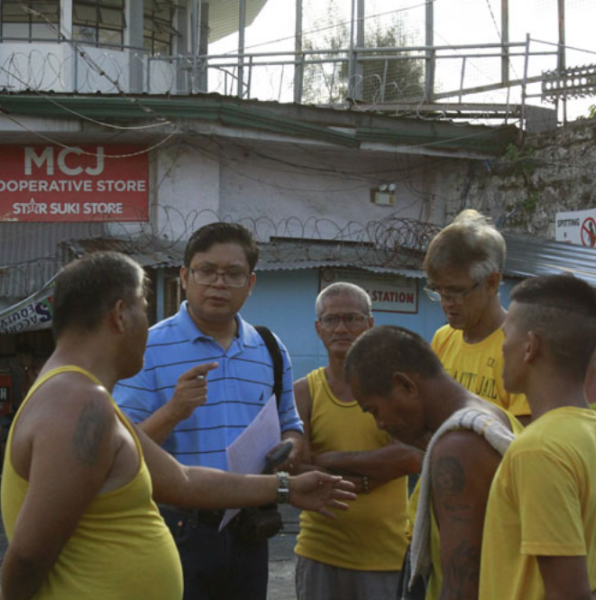
Advertisement



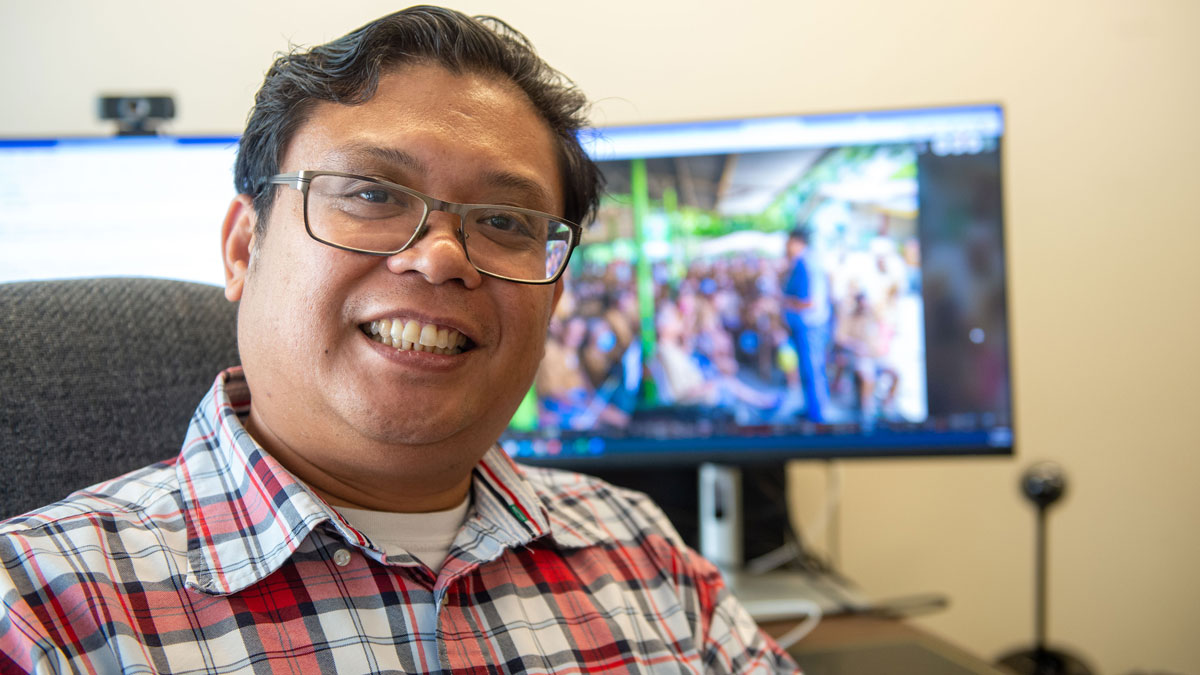




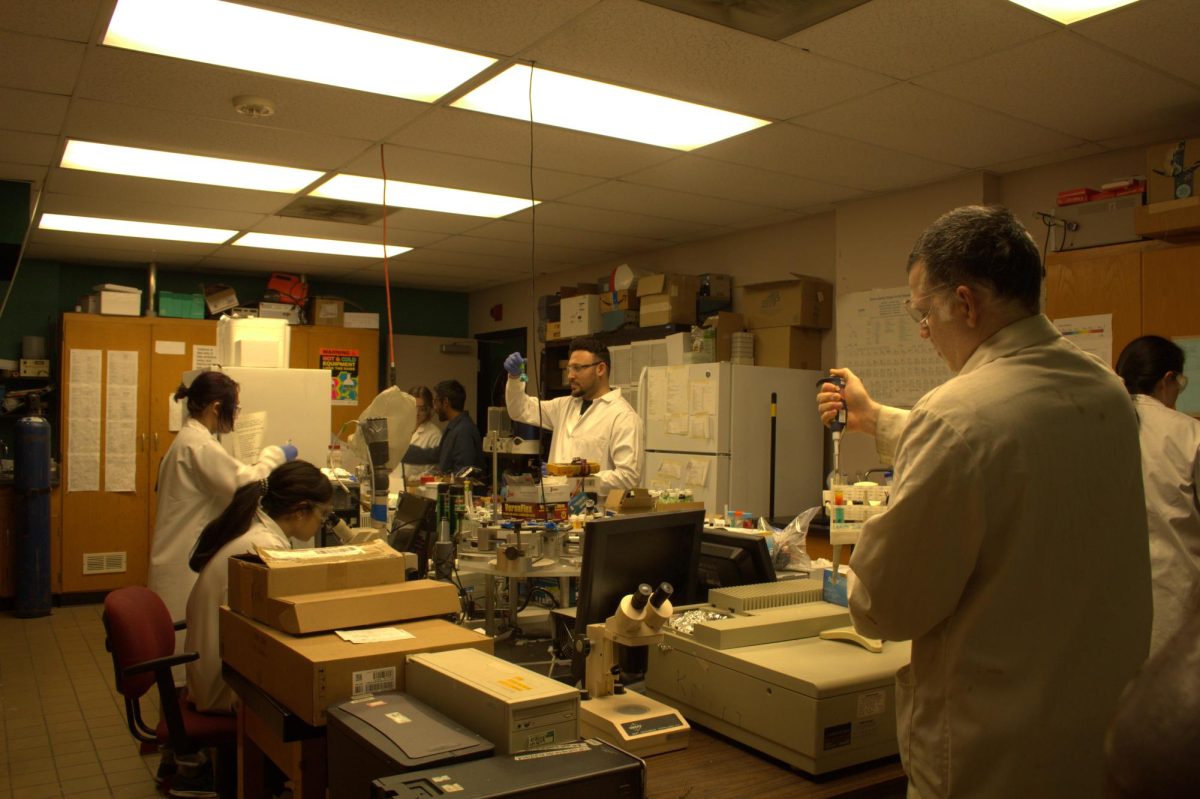





![Scott Hamilton, a part of the SIU research team, shows Zachary Gutenkauf and Jennifer Pierce supplies they will be using during their NASA research in the Life Science III building at SIU Nov. 8, 2021 in Carbondale, Illinois. “There are three phases to the overall competition Phase One is basically to show that your idea has merit. Phase Two is to show that all pieces of the idea work and construct each one [idea] and Phase Three is to integrate them into one continuous device,” professor in geology, Ken B. Anderson said.](https://dailyegyptian.com/wp-content/uploads/2021/11/NASAresearch3-900x710.jpg)
